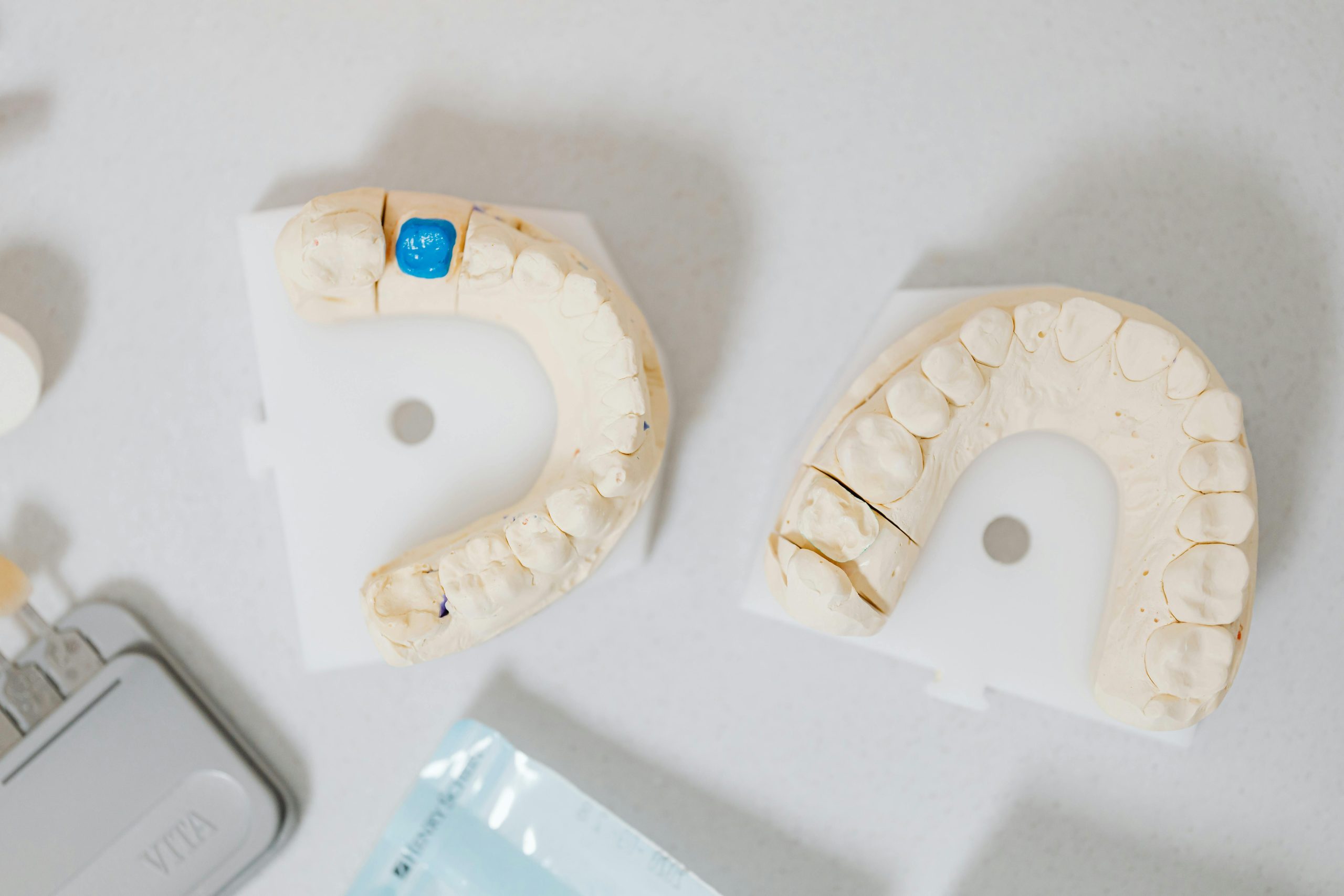How Long Do Dental Crowns Last? Understanding Longevity and Care

Dental crowns are a popular solution for restoring damaged or weakened teeth. Whether you’re dealing with a cracked tooth, a large cavity, or simply need cosmetic improvement, dental crowns provide strength, protection, and aesthetic enhancement. But one of the most common questions patients have when considering dental crowns is: How long do dental crowns last?
In this blog, we’ll explore the factors that influence the longevity of dental crowns, the different types available, and how proper care can help maximize their lifespan.
What Is a Dental Crown?
A dental crown is a tooth-shaped cap placed over a damaged tooth to restore its function, size, shape, and appearance. Crowns can be made from various materials, including porcelain, metal alloys, and a combination of both, depending on the specific needs of the patient. Crowns are typically used for teeth that have undergone root canals, large fillings, or are worn down from excessive grinding. They are also popular for improving the look of misshapen or discolored teeth.
The Average Lifespan of a Dental Crown
On average, a well-maintained dental crown can last anywhere from 10 to 15 years. However, many crowns can last longer—sometimes even up to 20 years or more—depending on a variety of factors. While dental crowns are designed to be durable, their longevity depends on the material used, the patient’s oral care habits, and how much wear and tear the crown is subjected to.
Factors Influencing the Lifespan of Dental Crowns
- Material of the Crown: The material used for your crown plays a significant role in its longevity. Crowns made from porcelain or ceramic offer an excellent balance of aesthetic appeal and strength, making them a popular choice for front teeth. However, they tend to wear down more quickly if they come into contact with hard foods or teeth grinding. On the other hand, metal crowns—typically made of gold or a durable metal alloy—are incredibly strong and can last for decades, though they are less common for visible teeth due to their appearance.
- Oral Hygiene and Care: Proper dental hygiene is crucial in prolonging the life of a crown. Brushing your teeth at least twice a day, flossing daily, and visiting your dentist for regular cleanings can help prevent decay and gum disease, which can lead to crown failure. Poor oral care habits can lead to plaque buildup around the crown, which can result in tooth decay underneath, affecting the crown’s longevity.
- Diet and Eating Habits: The types of foods you eat can have a big impact on how long your crown lasts. Hard, sticky, or chewy foods can cause wear and tear on your crown, potentially causing it to crack or loosen. Ice, popcorn kernels, and hard candies can also be harmful to dental crowns. Additionally, patients who grind their teeth—whether due to stress or a condition called bruxism—are at higher risk of damaging their crowns. Wearing a night guard can help protect your dental work.
- Dental Habits: Teeth grinding, or bruxism, can significantly reduce the lifespan of a dental crown. People who grind their teeth, particularly at night, are at risk of damaging both their natural teeth and their crowns. A night guard is often recommended for individuals who grind their teeth to reduce wear on their dental crowns.
- Underlying Tooth Health: The health of the tooth underneath the crown is also a critical factor. If the tooth has significant decay or has undergone a root canal, it may be more susceptible to further damage over time. Keeping the underlying tooth healthy can help the crown last longer.
- Dental Visit Regularity: Regular dental checkups ensure that your crowns are functioning properly and haven’t developed any issues. During these visits, your dentist can examine the crown for signs of wear or potential problems and offer timely solutions.
How to Make Your Dental Crown Last Longer
To get the most out of your dental crown, here are a few tips for extending its lifespan:
- Brush and floss regularly to prevent plaque buildup around the crown.
- Avoid chewing hard foods or objects (like ice or pens) that can damage the crown.
- If you grind your teeth, wear a night guard to protect your crowns while you sleep.
- Visit your dentist regularly for checkups and professional cleanings.
- Treat any dental issues, such as gum disease or tooth decay, promptly to avoid affecting the crown.
When Should You Replace a Dental Crown?
Over time, even with proper care, crowns can wear out or become damaged. Some signs that it might be time to replace your crown include:
- Sensitivity or pain around the crown area.
- The crown feels loose or falls out.
- Cracks, chips, or visible wear on the crown.
If you notice any of these issues, it’s important to visit your dentist as soon as possible to avoid further damage to the underlying tooth.
Contact Dr. Bobby Chhoker for Your Dental Crown Needs
If you’re considering a dental crown or need to replace an existing one, it’s essential to work with a skilled dentist who can provide personalised recommendations based on your oral health and needs. Dr. Bobby Chhoker and his team offer expert care in restorative dentistry, helping patients in ensuring their dental crowns not only look great but last for years to come.
Contact Dr. Bobby Chhoker today to schedule a consultation and learn more about how dental crowns can improve your smile and oral health.
